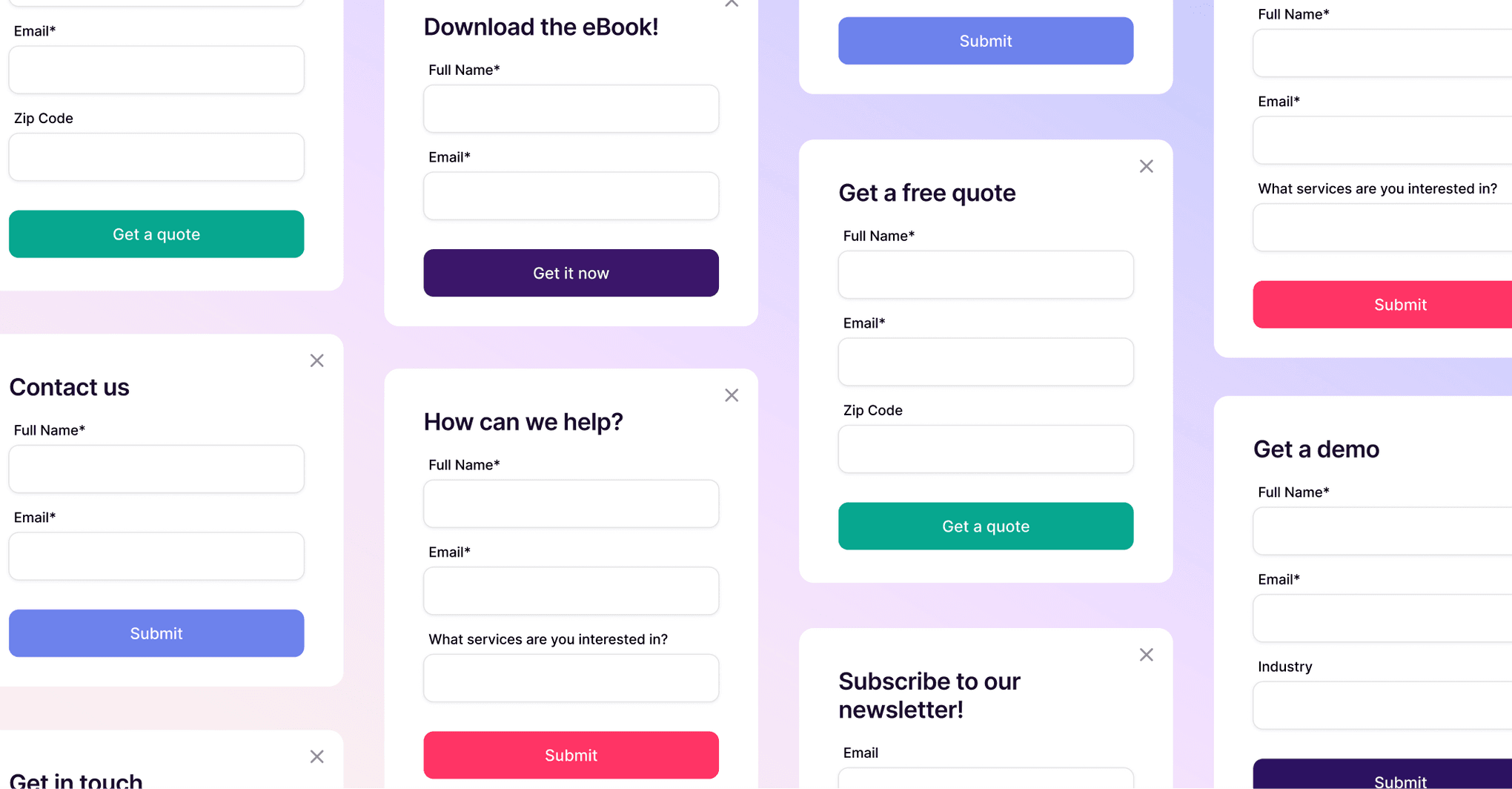Grace Lau
You’re probably familiar with the idea of relationship selling. It is, after all, only one of the biggest buzzwords to come out of the sales world in recent years.
And if you haven’t heard of it, relationship selling is a sales method that prioritizes your relationships with prospective buyers over the features of the product you’re selling. These things are still important, of course, but your main focus is on building that relationship.
The advantage of this, according to LinkedIn:
Basically, customer loyalty is priceless and can protect you from factors like, say, your competitors’ lower prices (or flashy new features).
RAIN Group, which specializes in sales training, did a study with more than 700 buyers across a whole spectrum of industries. These buyers represented $3.1 billion in annual B2B purchases.
The goal: to see what sales winners did differently compared to those that, well, didn’t win. They discovered that “sales winners make strong personal connections at more than double the rate of second-place finishers.”
Not hard to imagine why “make it all about relationships” is arguably the biggest strategy in sales today.
Unfortunately, relationship selling is also not something you can do alone, no matter how ambitious, smart, and driven you are.
Why?
Let’s look at some of the top tips for successful relationship selling—and why you need to be good at team selling to achieve each.
Most common relationship selling advice:
1. “Add value.”
One of the most common tips you’ll get for relationship selling is some variation of “add value.”
You want your prospect or customer to keep coming back to you? To think of you first because you’re just the most helpful person they’ve ever talked to about this particular type of product?
Then you’ll need to add value, whether it’s by having educational resources handy, sharing the latest industry news and trends, or being able to make valuable connections with other people. This is your key to attaining that coveted role of advisor (instead of pushy salesperson).
Why you need to be good at team selling to add value:
Any amount of knowledge and connections that you have can be doubled, tripled, quadrupled, and more—if you’re working with a group of people who’ve got your back. If they’re in different teams and span multiple departments, even better. (For an exciting and engaging demonstration of how this works, please watch Ocean’s 8.)
While you might be great at sales and a total rockstar, your prospect or customer is probably interested in gaining information and expertise in other areas as well. One Slack message to your team of subject matter experts can give you a treasure trove of ideas for ways to offer valuable advice and tips.
Learn more about the art (and science) of relationship selling in this chat with G2's SVP of Sales:
2. “Build trust.”
The other most common relationship selling tip: build trust. Makes sense—there are countless studies (like this one) that have found that trust is a significant factor in healthy relationships.
However, like “add value,” just telling someone to go and build trust with people is probably the least helpful pieces of advice you can offer.
Actually finding those specific things that build trust and doing them (more on that below) is the hard part, and this is what most marketing and sales blogs will skim over in their “top 10 tips” lists.
Why you need to be good at team selling to build trust:
Believe it or not, many of the traits that make you successful at team selling are also the traits that are key to building trust with another human being.
For example, communication (the transparent and timely kind) is one of the most important elements of a team that works well together. And the results that follow from that—being able to follow up when you say you will, keeping your promises, and so on, are all building blocks of a healthy relationship built on trust.
3. “Anticipate objections before they come up.”
Like any good partner in a relationship, you should be able to know the other person well enough to be able to reasonably anticipate their needs and wants. This is especially true in a relationship with a prospect, where you’re expected to carry a heavier load—for you unfortunately, that means more giving than taking, at least up-front.
Why you need to be good at team selling to anticipate objections:
If you want to be able to anticipate—and address—objections early on, it would really help to have different perspectives of people on your team. Why? Because for every scenario you can come up with in your head about why a prospect won’t want to buy from you, your teammates can probably come up with two or three more.
Again, if they’re in different teams and departments like Product or even Finance, they’ll likely have even more diverse and unique perspectives that aren’t always obvious to you. What better way to impress your prospect than by coming up with solutions to problems that they didn’t even think of?
4. “Prepare” or “Do your research.”
To build a relationship with a prospect quickly and efficiently, knowing your stuff and being adequately prepared can speed up the process. This is somewhat related to building trust: if you’re prepared and confident when you’re talking to a prospect, it makes it easier for them to trust you and for a relationship to form.
Would you want to have a business relationship with someone who always seems to be scrambling every time you ask them a question?
Why you need to be good at team selling to be prepared:
Similar to anticipating objections, it’s much easier to do research and prepare when you have a few more brains in your corner strategizing on how to nurture the same relationship. The sheer amount of knowledge and experience that other smart people on your team possess, that they can share with you in an instant after filtering out the irrelevant stuff—that’s priceless.
Want to be good at relationship-selling? Get your people onboard. It’ll save you a ton of time.
Sell as a team, win as a team.
Going solo is no longer the most effective way to go, especially if your goal is to be great at relationship selling
You want to build strong relationships? Start with the ones within your own team. Build up a network of peers that you respect and communicate with them regularly enough that you can easily get a hold of them if you’re stumped with a prospect.
Take advantage of the vast stores of wealth you’ve already got in the brains of the people you’re working with every day—it’ll supercharge your efforts and help you achieve results faster.

FREE GUIDE
Sell together. 🤝
Want to learn more about team selling? Grab the free Guide to Team Selling to learn about strategies, best practices, and more.






